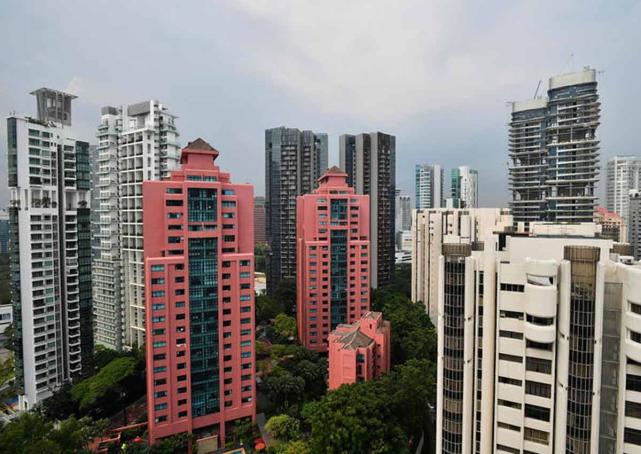싱가포르의 부동산 가격이 2030년까지 현재 보다 두배 오를것이라고
세계에서 가장 큰 투자은행과 금융 서비스 업체중 하나인 모건 스탠리가 발표했습니다.
모건 스탠리는 싱가포르에서 그동안 지속되었던 부동산 침체는 내년에 끝날것으로 예측하면서
2030년도에 부동산 가격이 두배로 오르는 이유에 대해서는
싱가포르에 지속적으로 늘고 있는 고학력 싱글 가구의 증가를 주요한 이유로 꼽았습니다.
모건 스탠리는 2010년에는 8가구중 1가구였던 싱글 가구가
2030년에 다다르면 5가구중 1가구가 될 것으로 예측 했습니다.
2030년에 부동산 가격이 두배가 되려면 내년부터 매년 약 5-6%의 가격 상승을 예측한것으로 분석됩니다.
본문내용은 하기와 같습니다.
Singapore property prices to double by 2030: Morgan Stanley

The protracted downtrend in Singapore's property market is poised to end next year, with home prices set to
double by 2030, Morgan Stanley said in a Wednesday note. "Property market bears expect slower
population growth, an ageing population, and a structural growth slowdown to weigh on the long-term
property market outlook," the note said. "We disagree and believe home prices will double by 2030."
That implies a 5 to 6 per cent increase per annum and would mark a reversal from a long downtrend in
home prices.
In the first quarter, overall private home prices fell 0.5 per cent on-quarter, the 14th straight quarter of declines. This time around, however, the bulk of the decline was in relatively small landed property segment, while non-landed prices were steady.
The city-state's housing prices surged more than 60 per cent from 2009 through 2013, propelled by rock-bottom global interest rates and quantitative easing in developed economies, even as the government enacted a series of cooling measures from 2011 to prevent a bubble from forming.
But in early March, the government scaled back some of the curbs, including lowering the seller's stamp
duty and shortening the minimum holding period to avoid it. Morgan Stanley said that was a signal the
property market was closer to the bottom, which should improve buyer sentiment. There were signs buyer
sentiment has already picked up: One recent launch, Park Place Residences, sold its entire phase one,
initially set at 40 per cent of the 429-unit total before being raised to 50 per cent, within a day.
The bank expected sales volume would surge this year, with the increases in transaction volumes to spur
prices higher next year. Supply was also set to decline, the bank noted. From 2014-16, private residential
supply added around 20,000 units a year, twice the historical average since 1990, it noted. But in 2017-18,
supply levels were set to fall 40 per cent each year, it said. The property market in Singapore can be closely
watched for economic and investment implications. Morgan Stanley noted that around 91 per cent of
Singapore's resident households own their homes, with residential property around 45 per cent of total
household gross assets last year. Additionally, Asian investors tend to have large allocations to property in
their portfolios.
While property bears were pointing to an aging population, Morgan Stanley noted a rising household
formation rate driven by singles, and a shift toward higher-skilled foreign workers. It estimated that by 2030,
one in five Singapore households would be occupied by just one person, up from one in eight in 2010.
Additionally, it expected "a combination of bequest motives, lease buyback schemes, and shifting manpower
trends assuage property market selling pressures that come as the population ages." It also expected that
Singapore's medium-term economic growth potential of around 3 per cent over 2016-2030 meant it would
outperform other developed economies and support income growth. On Thursday, Singapore reported
first-quarter gross domestic product (GDP) grew 2.5 per cent on-year, down from 2.9 per cent in the fourth
quarter of 2016. "The Singapore economy is likely to see a cyclical recovery from better-than-expected
external demand," the note said. "Given that changes in economic conditions have a direct bearing on the
property market, the improving macroeconomic outlook would be supportive of a property market recovery."
- 출처
http://news.asiaone.com/news/business/singapore-property-prices-double-2030-morgan-stanley